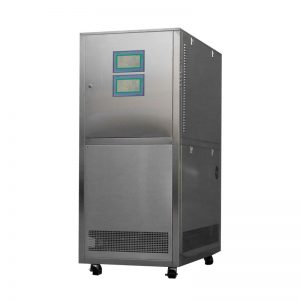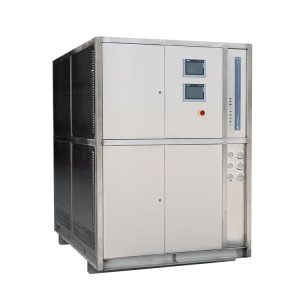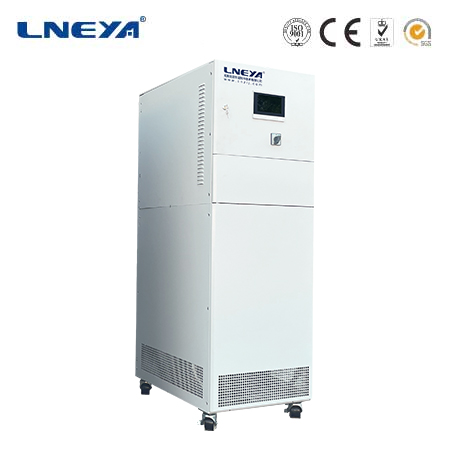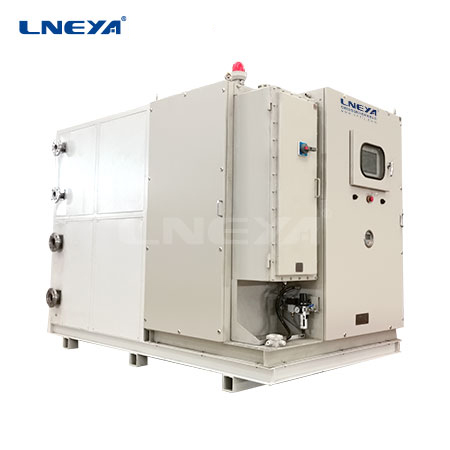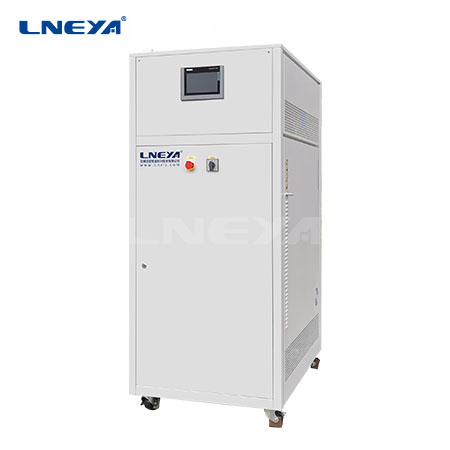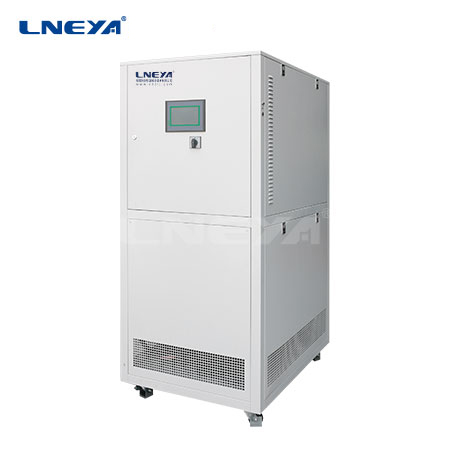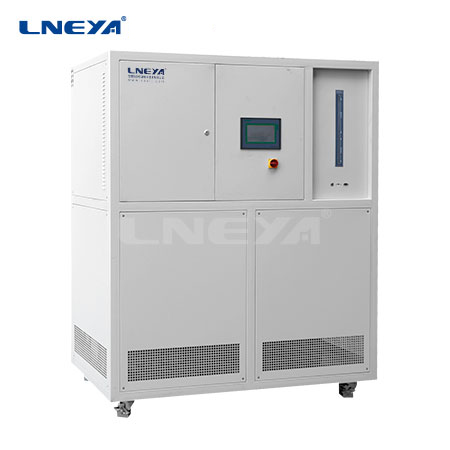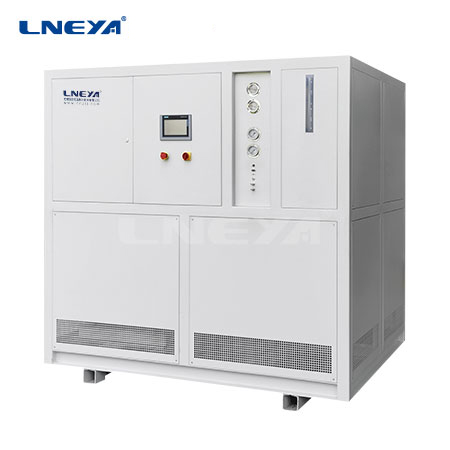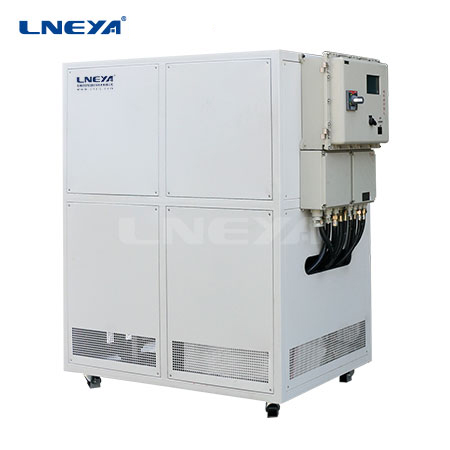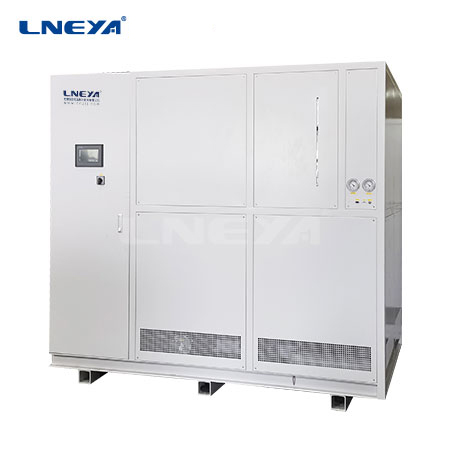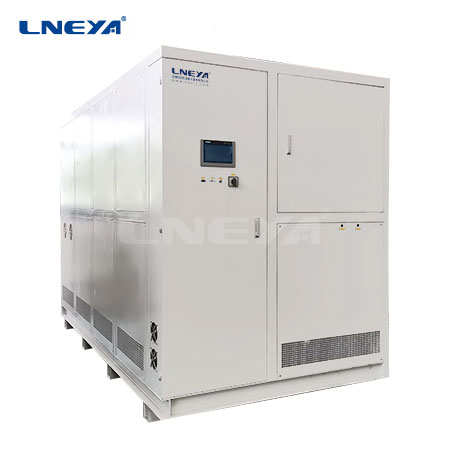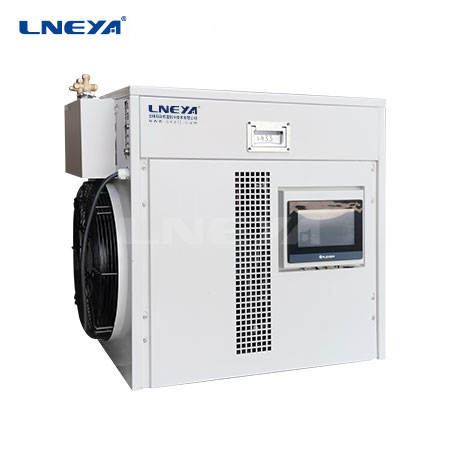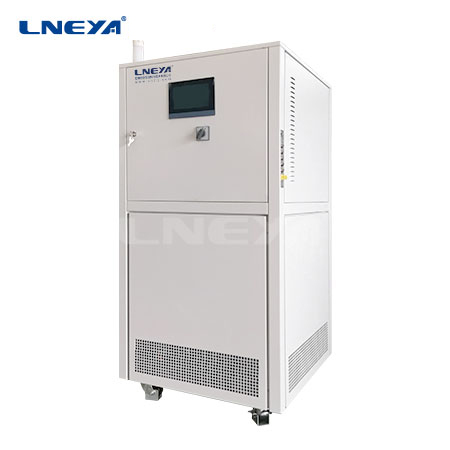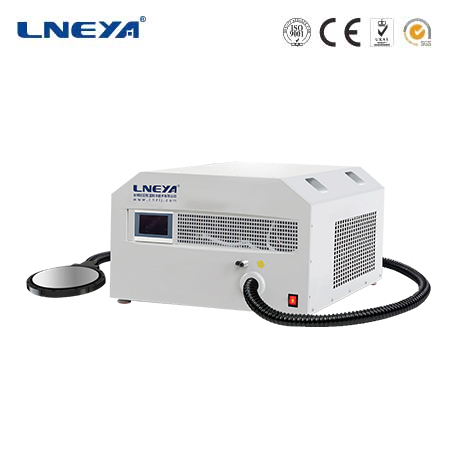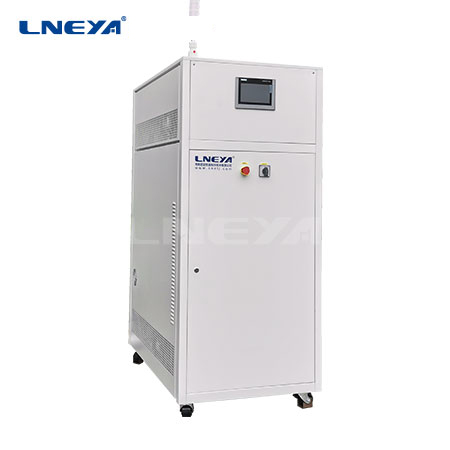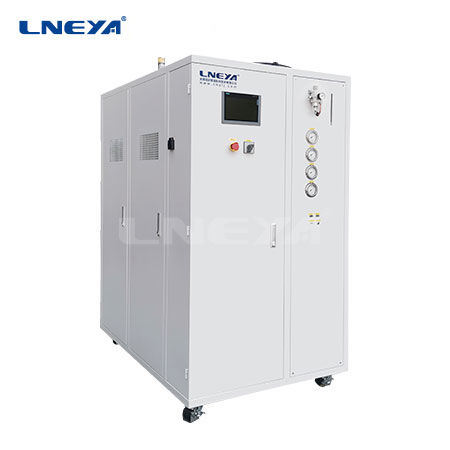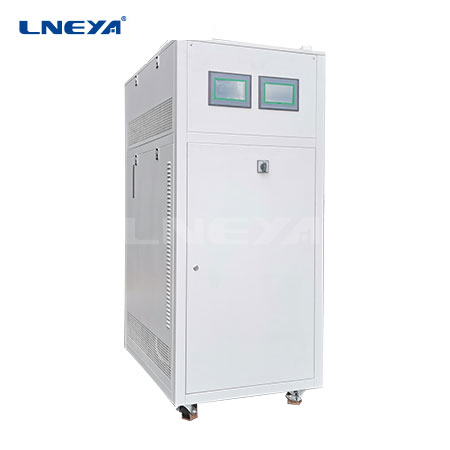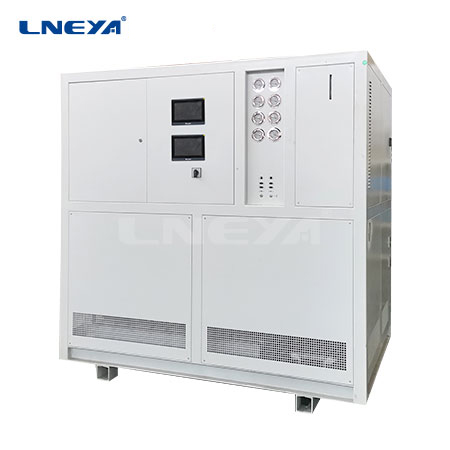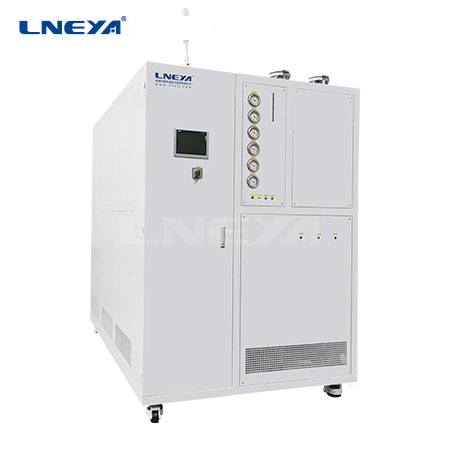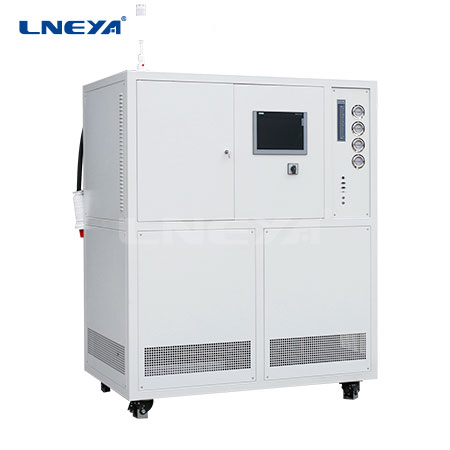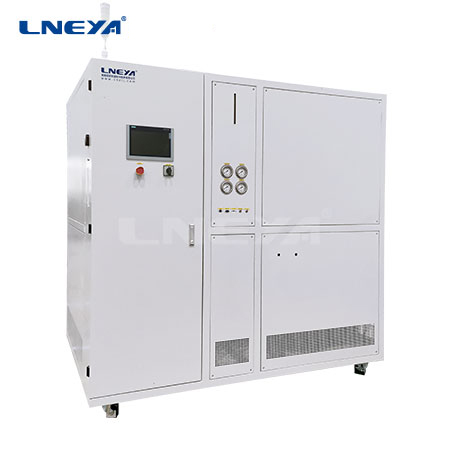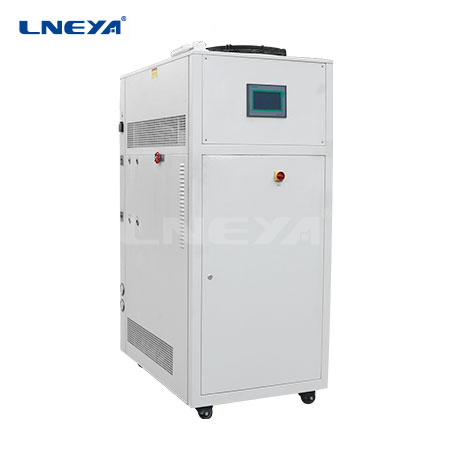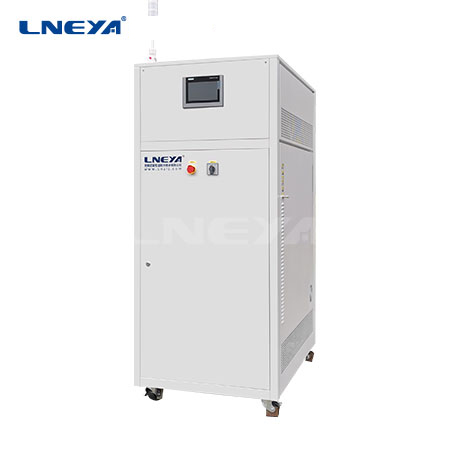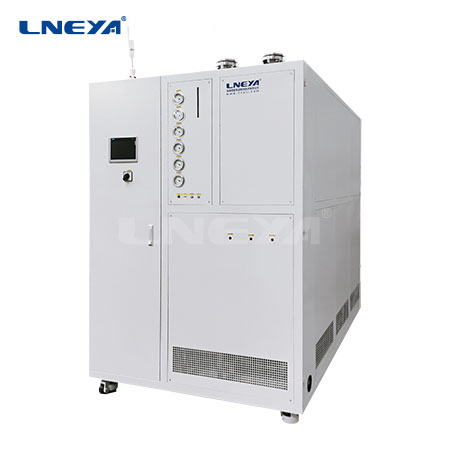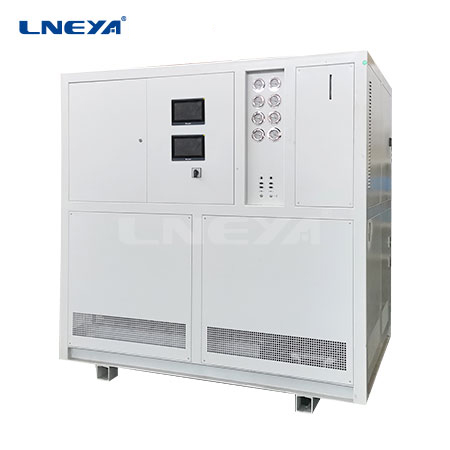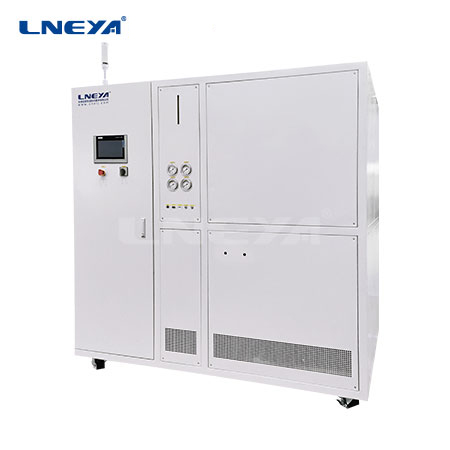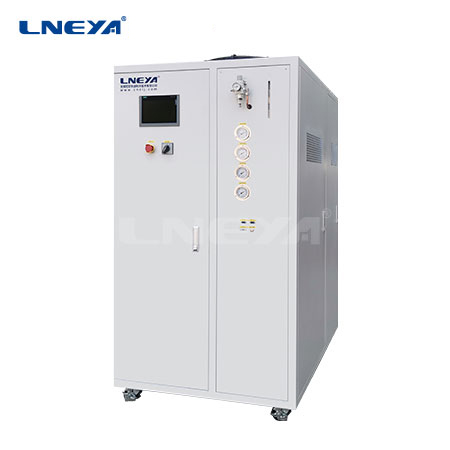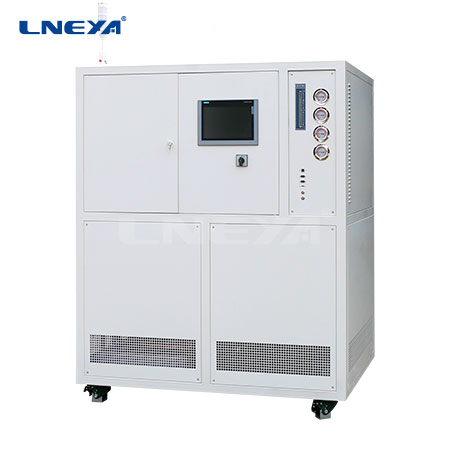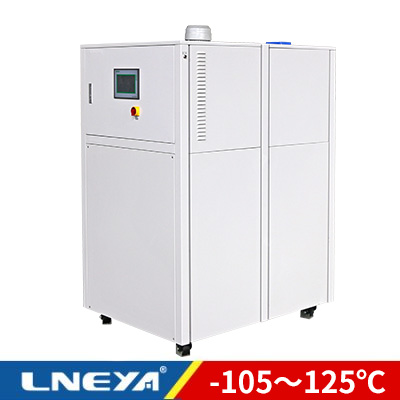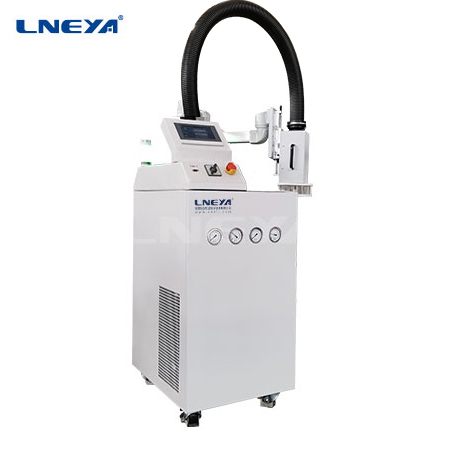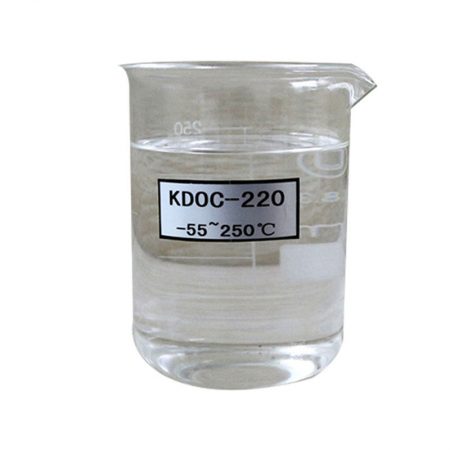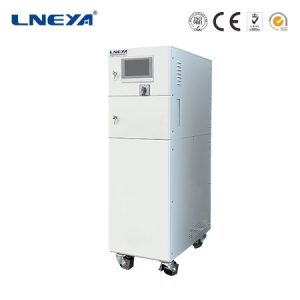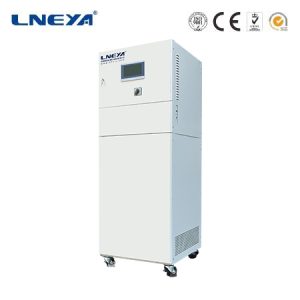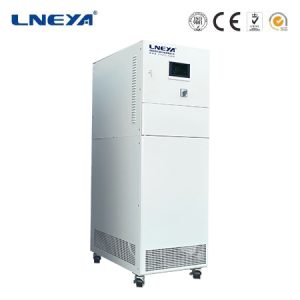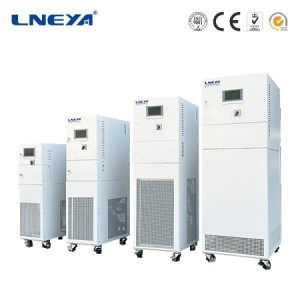Introduction to Chiller Systems
Chiller systems are essential for providing cooling in large commercial and industrial buildings, data centers, and even in some residential applications. They play a critical role in maintaining comfortable indoor environments by removing heat from the air and transferring it outside. Chiller systems can be categorized into several types, each with its own set of characteristics, benefits, and drawbacks. This article delves into the various types of chiller systems, offering insights into their operation, advantages, and suitable applications.

Types of Chiller Systems
Air-Cooled Chillers
Air-cooled chillers use ambient air to dissipate heat from the refrigeration cycle. They are popular for their simplicity and ease of installation, as they do not require water sources or water treatment. These chillers are suitable for areas with limited water availability or where water infrastructure is a concern.
Water-Cooled Chillers
Water-cooled chillers utilize water from a cooling tower or another water source to reject heat. They are known for their high efficiency, especially in larger applications, and can operate effectively in various climates. However, they require a reliable water supply and regular maintenance to prevent issues like scaling and corrosion.
Evaporative-Cooled Chillers
Evaporative-cooled chillers combine elements of air and water cooling. They use the evaporation of water to enhance the cooling process, which can lead to significant energy savings in dry climates. These chillers are an eco-friendly option but may not be as efficient in humid environments.

Absorption Chillers
Absorption chillers use thermal energy instead of mechanical energy to drive the refrigeration cycle. They are often powered by waste heat, solar energy, or other low-grade heat sources, making them an attractive option for energy conservation. However, they typically have lower efficiency compared to other chiller types.
Refrigeradores de tornillo
Screw chillers use a helical screw compressor to compress the refrigerant, providing a continuous compression process. They are known for their reliability and high efficiency, especially at part-load conditions. Screw chillers are suitable for large commercial buildings and industrial processes.
Scroll Chillers
Scroll chillers use a scroll compressor with a unique spiral shape to compress the refrigerant. They are quiet, efficient, and require less maintenance than other types of chillers. Scroll chillers are commonly used in smaller commercial buildings and residential applications.
Centrifugal Chillers
Centrifugal chillers use a centrifugal compressor to handle large cooling capacities. They are highly efficient at full load but may not be as efficient at part-load conditions. Centrifugal chillers are often used in large commercial and industrial applications.
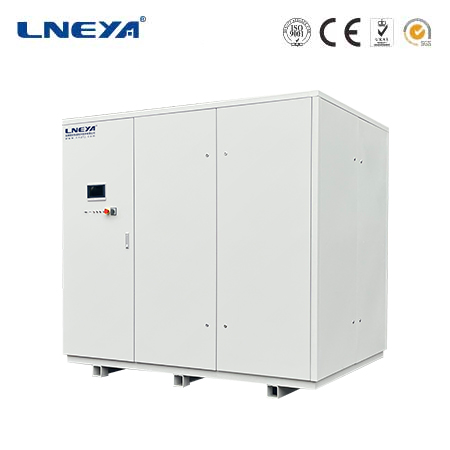
Factors Influencing Chiller System Selection
Selecting the appropriate chiller system involves considering several factors:
Climate: The local climate affects the choice of chiller system, with evaporative-cooled chillers being more suitable for dry climates and water-cooled chillers being more effective in humid conditions.
Building Size and Cooling Load: The size of the building and the cooling load determine the capacity of the chiller system required.
Energy Efficiency: Chiller systems vary in their energy efficiency, with some types offering higher efficiency at full or part load.
Maintenance Requirements: Different chiller systems have different maintenance needs, which can impact the total cost of ownership.
Water Availability: The availability of water and the associated costs can influence the choice between air-cooled, water-cooled, and evaporative-cooled systems.
Conclusion
Understanding the different types of chiller systems and the factors that influence their selection is crucial for optimizing cooling performance and energy efficiency. Each chiller system type has its own set of advantages and disadvantages, making it essential to consider the specific needs and constraints of the application when making a choice. By considering climate, building size, energy efficiency, maintenance requirements, and water availability, engineers and facility managers can select the most appropriate chiller system for their needs.
 LNEYA
LNEYA
 简体中文
简体中文










